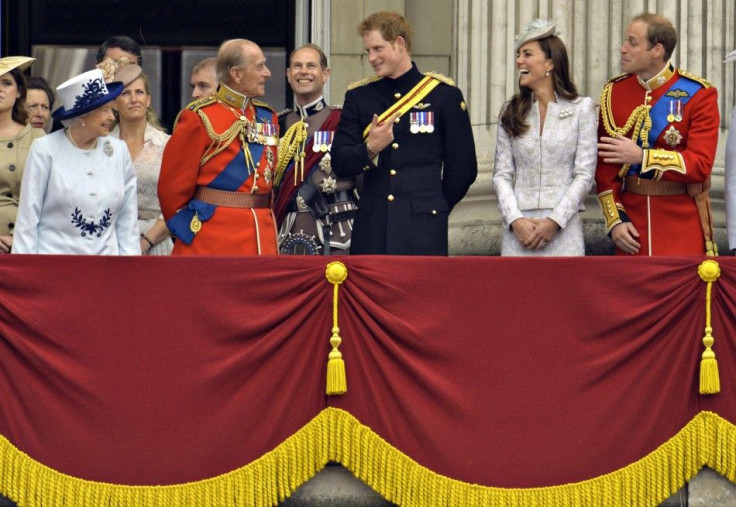Ideological Support Swells for Scottish Independence

Despite the nationalist concerns by the UK political elite, support is welling up from many quarters asking the Scottish not to dither in making a choice for independence, reports the Guardian. A report in Guardian talks about the support offered by top leader of the Welsh nationalist party Plaid Cymru. In an interview its leader Leanne Wood said solidarity through divergence was a better way of showing people outside of Scotland what is possible.
On 18 September 2014 Scotland will be undertaking a referendum on independence to vote yes or no to a proposal whether it should become an independent country and separate from the UK.
Wood described it illogical and perverse the suggestion that voting in favour of Scottish independence would fail the solidarity with the people of England and Wales.
Wood noted that the Scottish electorate does not trust the promises of more powers by Westminster parties in the event of a No vote. So the only way that people of Scotland can secure additional powers will be by voting yes to the independence.
In fact Wood wants Scotland to emerge as a beacon of social justice to counter the spiteful rightwing rule of the UK government.
Plaid said the echo of independence debate in Scotland has the potential to restate the long-held position that Wales ought to be independent. Many in her own party believe that if Scotland does become independent there is scope for a a reassessment whether Wales must follow suit.
Opportunity for New Politics
Wood said a vote for independence is not being better or superior in any way. The vote will be an opportunity to forge a new politics that is closer to the values of the people there.
Wood said a new Scotland can give people in Wales and other progressive friends in England opportunities to show demonstrable examples of an alternative to neo-liberalism and usher in a politics of austerity.
Imagining Scotland as an independent country can be exciting. This is because the new state will be approaching the public services in a different and progressive way compared to what is being practiced in the UK. There must be collaboration not competition.
Also the solidarity people in Scotland can create a society that rejects the poison of spiteful right-wing rule and build a socially just country as a beacon in these islands. Wood said a similar campaign for Welsh independence would naturally reflect the broad span of the Scottish movement.




















